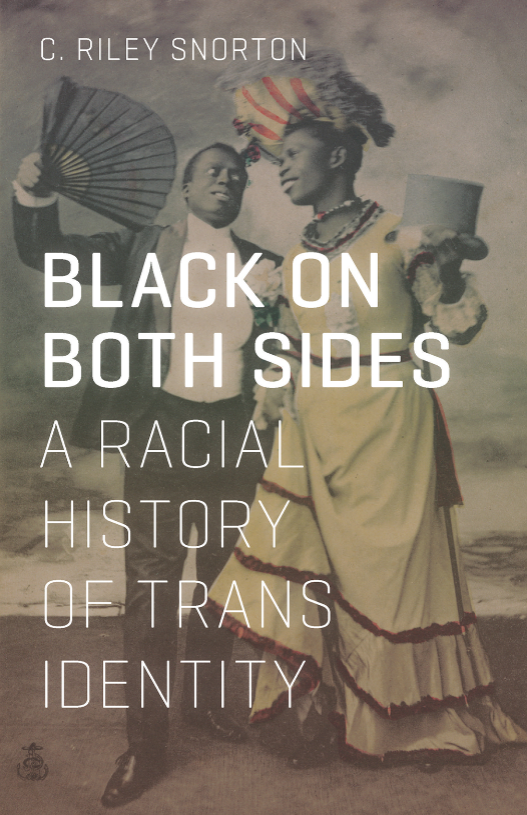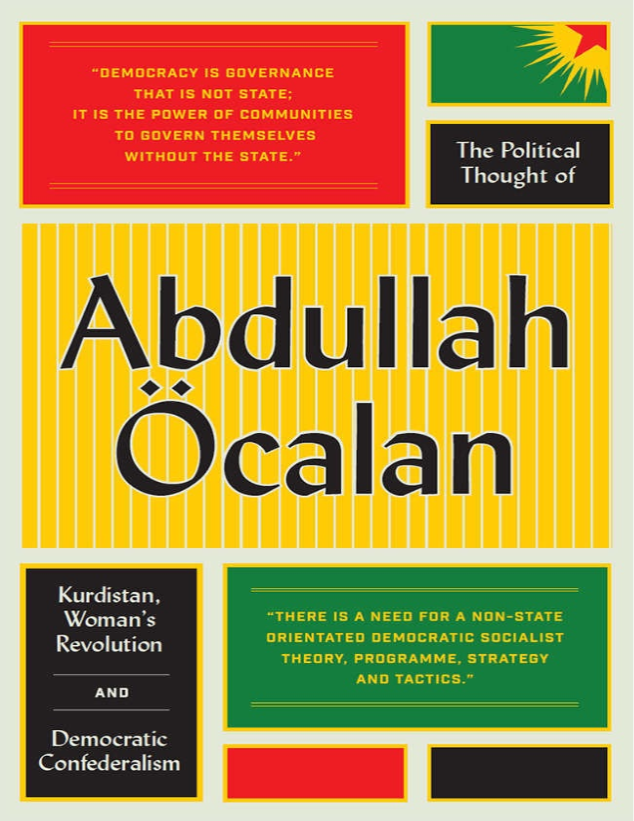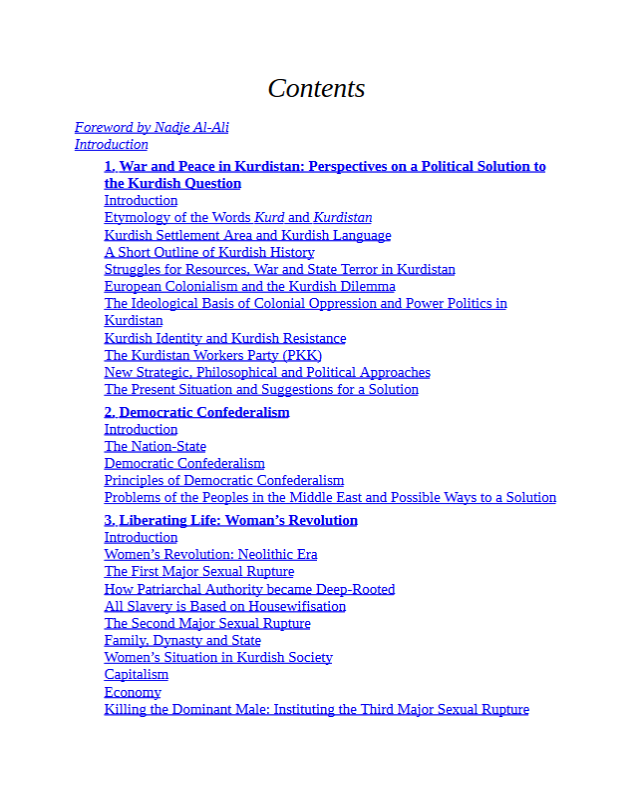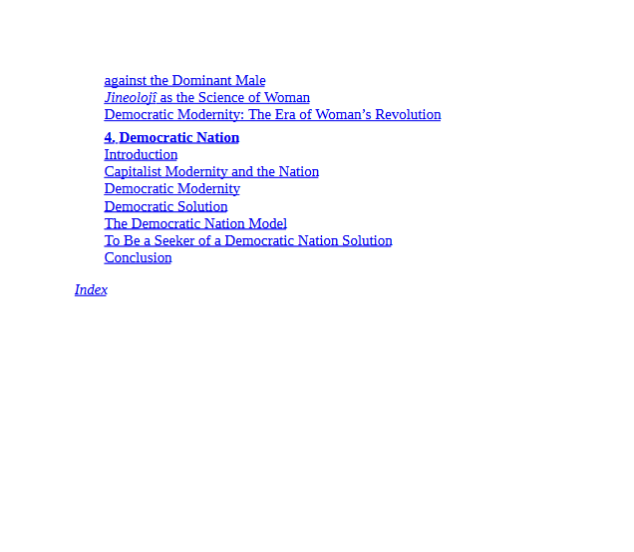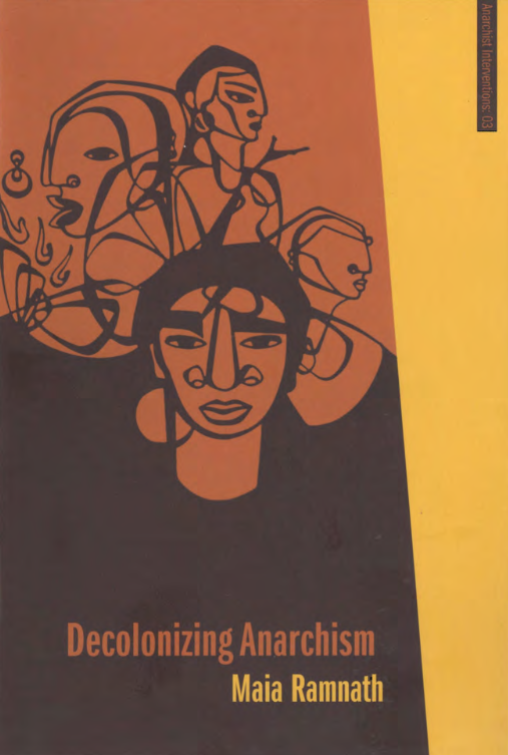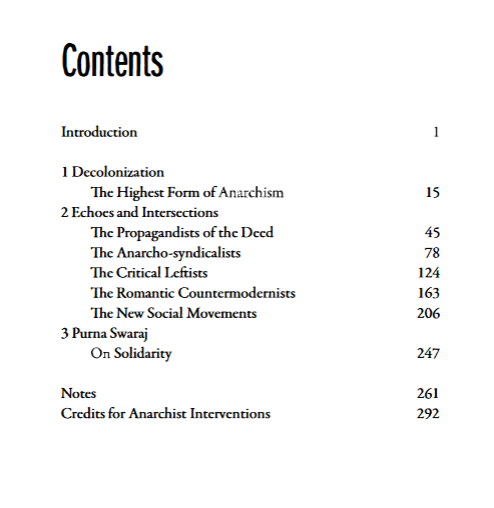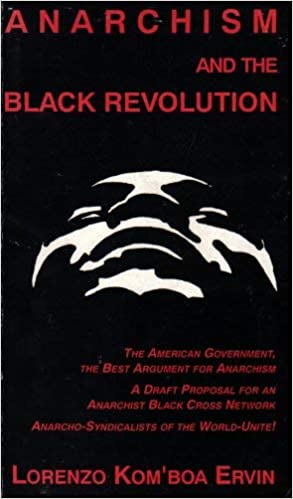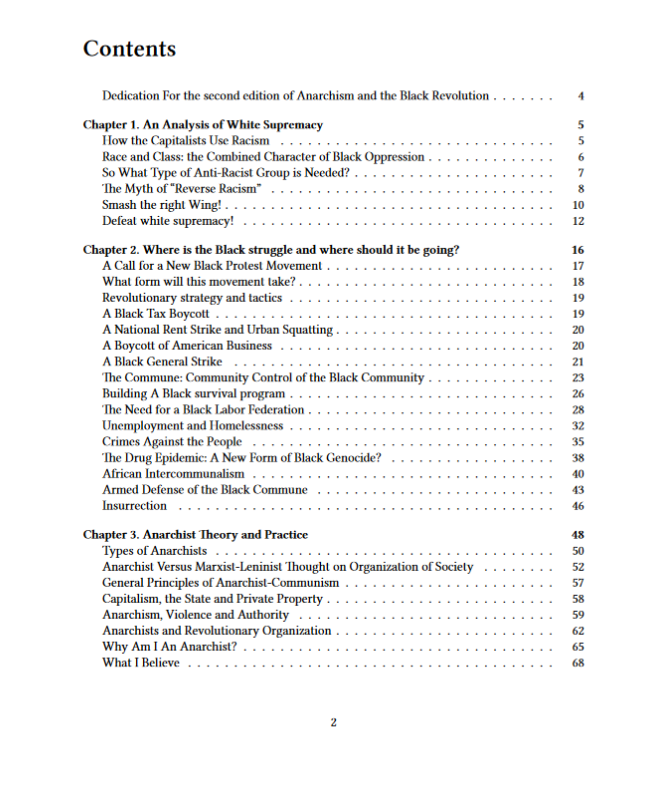Author(s)
Contents
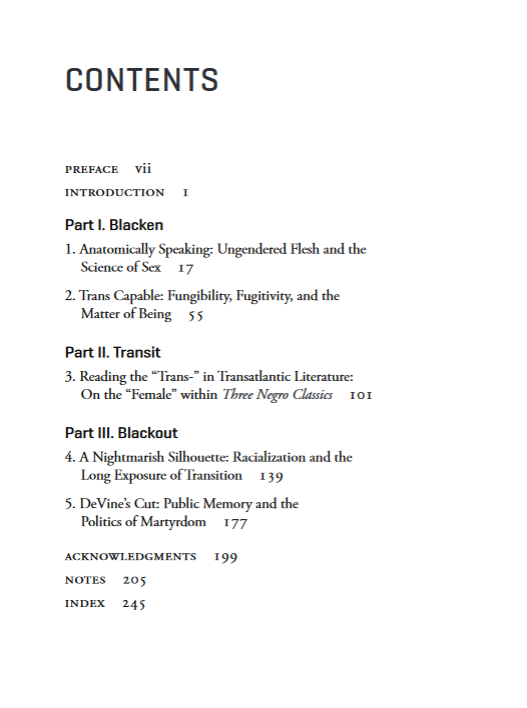
“Although the perception that “race” and “gender” are fixed and knowable terms is the dominant logic of identity, in this book ‘trans’ is more about a movement with no clear origin and no point of arrival, and ‘blackness’ signifies upon an enveloping environment and condition of possibility. Here, trans—in each of its permutations—finds expression and continuous circulation within blackness, and blackness is transected by embodied procedures that fall under the sign of gender.
[…] Black on Both Sides is a meditation on an eclectic collection of materials, including mid-nineteenth and twentieth-century medical illustrations, pickup notices, fugitive-slave narratives, Afromodernist literature, twentieth-century journalistic accounts of black people ‘exposed’ as living in/as different genders, true-crime books, documentary film, and poetry. As with any archive or historiographical project, its organization is political.
[…] What is necessary, then, are theoretical and historical trajectories that further imaginative capacities to construct more livable black and trans worlds.”
C. Riley Snorton
Leave a comment below with a valid email adress (it will not be published) to request this book.
